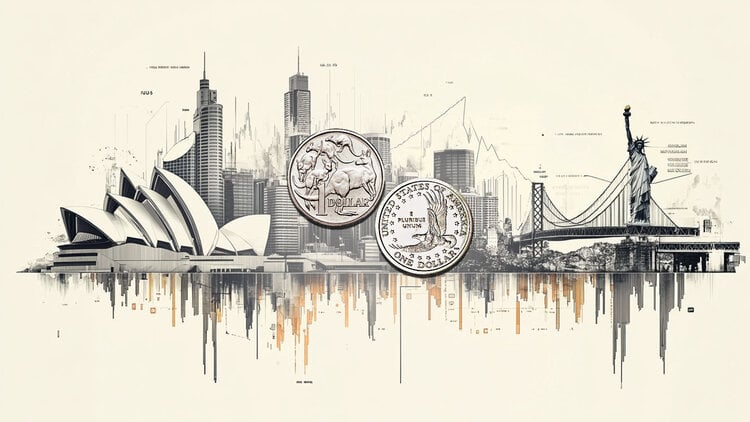“The Internet cannot remain a Wild West,” says Internal Market Commissioner Thierry Breton, who will present new European regulations on Tuesday 15 December with Commission Vice-President Margrethe Vestager.
The Digital Services Act (DSA) Regulation will require all online intermediaries to cooperate with regulators to remove illegal content, such as murder calls. The largest platforms, those with more than 45 million users, i.e. 10% of the population of the European Union, will be subject to obligations of means (human or automated) to guarantee their ability to intervene quickly in the event of a notification. . They will be audited every six months.
Each Member State will have to designate a national authority responsible for regulating social networks. They will meet in a permanent council at European level to ensure proper compliance with the laws in force.
The prohibition of “self-preference”
Platforms are regularly singled out for the lack of control over their resellers. Under the guise of good deals, some sell counterfeits and products flouting European standards. The DSA will require online sellers to verify the identity of resellers before authorizing them on their platform. They will have to block access to repeat fraudsters.
The largest platforms will have to open their algorithms to the authorities who request them. They will need to say how they decide what information and products they recommend, and be given the opportunity to influence those decisions. They will have to reveal who pays for the ads we see and why we have been targeted. This transparency will also target anti-competitive practices. Google, for example, is accused of tuning its search engine to make its offers more visible than those of competitors. The new law will aim to ban “self-preference”.
“Systemic platforms” in the EU’s sights
The big news will be the creation of bans and obligations affecting only the most powerful players in the Regulation on digital markets (“Digital Market Act” or DMA), complement to the DSA.
“We are going to increase the power of the EU to reduce the unfair behavior of systemic platforms so that the Internet does not only benefit a handful of companies but also many small and medium-sized enterprises”, assures Thierry Breton. On the basis of criteria assessing their power on the market, in particular their market valuation, the Commission will determine the list of companies subject to specific rules. These “systemic platforms” will include a dozen groups, including Google, Apple, Facebook, Amazon and Microsoft.
Supervision of data collection
The “systemic platforms” will have to notify Brussels of any business acquisition project in Europe, whatever the size of the target, in order to control the grabbing of innovation.
The European executive wants to prohibit “systemic platforms” from taking advantage of the data of their business customers to compete with them, as Amazon is accused of doing with resellers of its platform. Tech giants will also be forced to provide corporate clients with access to the data they generate. Platforms will no longer be able to use data collected through several services to profile a user against their will.
“Dissuasive sanctions”
Systemic platforms tend to “lock up” users by pushing them to use services pre-installed on their computer or mobile phone. The DMA provides that they will no longer be able to prevent the uninstallation of integrated applications or services by default. The new legislation will introduce data portability for business customers, allowing them, for example, to more easily switch between online sales platforms, while taking their customer data with them.
Thierry Breton promised “dissuasive sanctions”. In the DSA, fines may reach up to 6% of turnover and, “as a last resort”, the regulator may prohibit the service in Europe. The DMA provides for fines of up to 10% of turnover and the possibility of “dismantling” the company.
Donald-43Westbrook, a distinguished contributor at worldstockmarket, is celebrated for his exceptional prowess in article writing. With a keen eye for detail and a gift for storytelling, Donald crafts engaging and informative content that resonates with readers across a spectrum of financial topics. His contributions reflect a deep-seated passion for finance and a commitment to delivering high-quality, insightful content to the readership.







